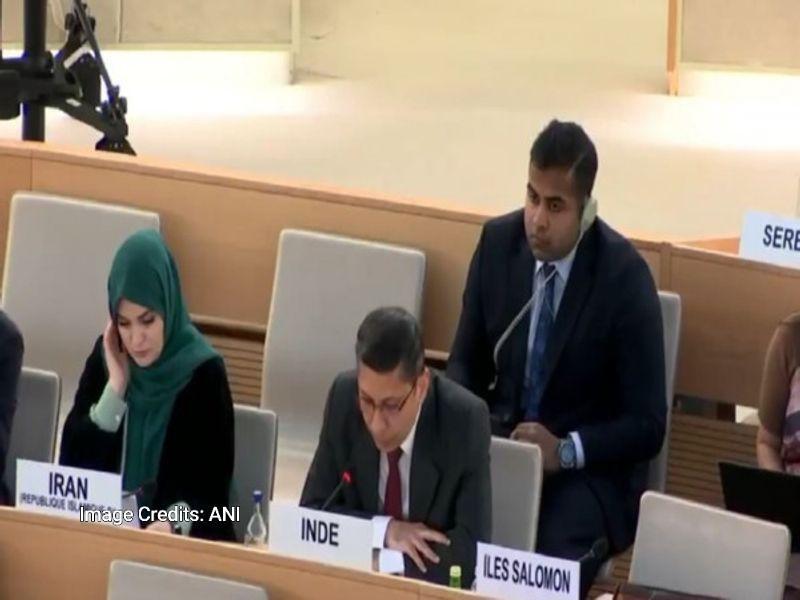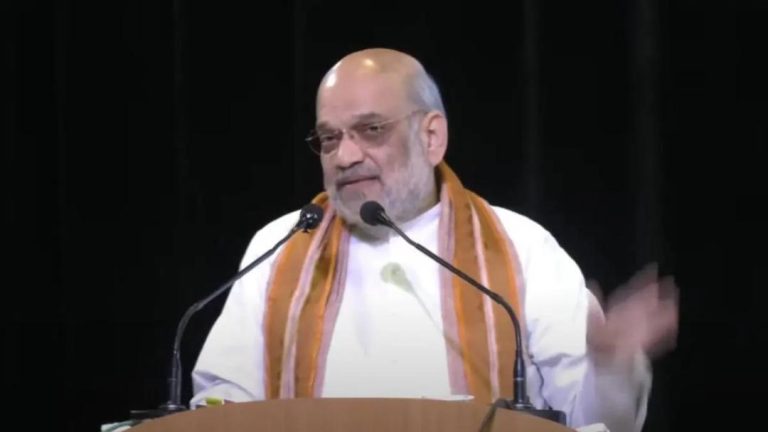
Unfounded, Baseless: India on UNHRC Chief Remarks on J&K, Manipur
The United Nations Human Rights Council (UNHRC) has been a subject of controversy for a long time, with many countries questioning its agenda and motives. Recently, the UNHRC chief, Volker Türk, made some remarks on Jammu and Kashmir (J&K) and Manipur that have not gone down well with the Indian government. India has termed these remarks as “unfounded and baseless” and has slammed the UNHRC chief for “cherry-picking” issues.
The controversy began when Volker Türk, the UN High Commissioner for Human Rights, made a statement on the human rights situation in J&K and Manipur. While addressing the UNHRC session, Türk expressed concerns over the restrictive laws in J&K and called for addressing the violence in Manipur. He also urged the Indian government to take concrete steps to address these issues.
India’s permanent representative to the UN, Arindam Bagchi, responded sharply to the UNHRC chief’s remarks. He described them as “unfounded and baseless” and said that they were an attempt to undermine India’s sovereignty and territorial integrity. Bagchi also emphasized that India is a healthy, vibrant, and pluralistic society, which is a far cry from the depiction of a country plagued by human rights issues.
The Indian government’s reaction to the UNHRC chief’s remarks is not surprising. The government has long been critical of the UNHRC’s approach to human rights issues in India. It has accused the UNHRC of being biased and of promoting a selective approach to human rights issues. The government has also pointed out that the UNHRC has failed to address human rights issues in countries that are known to have poor human rights records.
The UNHRC chief’s remarks on J&K and Manipur are also seen as an attempt to interfere in India’s internal affairs. The issues in J&K and Manipur are highly sensitive and are being handled by the Indian government in accordance with the law. The government has taken several steps to address the concerns of the people in these regions, including the repeal of Article 370, which gave special status to J&K.
The controversy surrounding the UNHRC chief’s remarks has also highlighted the need for a review of the UNHRC’s approach to human rights issues. The UNHRC has been criticized for being biased and for promoting a selective approach to human rights issues. The organization has also been accused of being ineffective in addressing human rights issues in countries that are known to have poor human rights records.
In conclusion, India’s response to the UNHRC chief’s remarks on J&K and Manipur is a reflection of the government’s commitment to defending its sovereignty and territorial integrity. The government has taken a strong stance against the UNHRC’s attempts to interfere in its internal affairs and has emphasized that India is a healthy, vibrant, and pluralistic society. The controversy surrounding the UNHRC chief’s remarks has also highlighted the need for a review of the UNHRC’s approach to human rights issues.





